Martian snakes are elastic. If you take the tail of a Martian snake, and I take the head, and we pull in opposite directions, will there always be a part of the snake that doesn’t move?
Author: Greg Ross
Misc
- Alexander Pope was 4 foot 6.
- SOCIAL INEPTITUDE is an anagram of POTENTIAL SUICIDE.
- 6! × 7! = 10!
- Is the correct answer to this question no?
- “Do something well, and that is quickly enough.” — Baltasar Gracián
A Lost Appeal
A letter from Virginia slave Sargry Brown to her husband Mores, Oct. 27, 1840:
Dear Husband —
this is the third letter that I have written to you, and have not received any from you; and dont no the reason that I have not received any from you. I think very hard of it. the trader has been here three times to Look at me. I wish that you would try to see if you can get any one to buy me up there. if you don’t come down here this Sunday, perhaps you wont see me any more. Give my love to them all, and tell them all that perhaps I shan’t see you any more. Give my love to your mother in particular, and to mamy wines, and to aunt betsy, and all the children; tell Jane and Mother they must come down a fortnight before christmas. I wish to see you all, but I expect I never shall see you all — never no more.
I remain your Dear and affectionate Wife,
Sargry Brown
It never reached him — it was discovered in the dead letter office in Washington, D.C.
The Hypergame Paradox
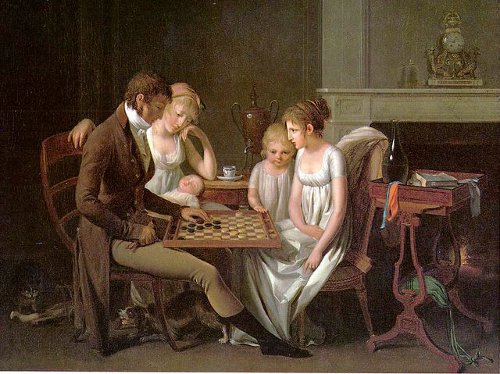
Call a game finite if it terminates in finitely many moves. Now consider Hypergame, which has two rules:
- The first player names a finite game.
- The two players play that game.
Is Hypergame a finite game? It seems so: It consists of a single game-naming move, followed by a subgame with a necessarily finite number of moves. But what if the first player names Hypergame itself as the subgame, and the second player names Hypergame as the sub-sub-game, and so on?
In presenting this question to students and colleagues at Union College, mathematician William Zwicker found that many saw the catch and quickly pointed out that it leads to infinite play, thinking that this settles the matter. But the proof that Hypergame is finite seems sound. “I … have to convince them that mathematicians cannot simply abandon a proof once a counter-example has been found, for if the internal flaw in such a proof cannot be identified then the counterexample threatens the entire edifice of mathematical proof.” What is the answer?
(William S. Zwicker, “Playing Games with Games: The Hypergame Paradox,” American Mathematical Monthly 94:6, 507-514)
Unquote
“There are two things to aim at in life: first, to get what you want; and, after that, to enjoy it. Only the wisest of mankind achieve the second.” — Logan Pearsall Smith
Reverses
A Hungarian problem shortlisted for the 30th International Mathematical Olympiad, 1989:
Around a circular race track are n race cars, each at a different location. At a signal, each car chooses a direction and begins to drive at a constant speed that will take it around the course in 1 hour. When two cars meet, both reverse direction without loss of speed. Show that at some future moment all the cars will be at their original positions.
Plant Food
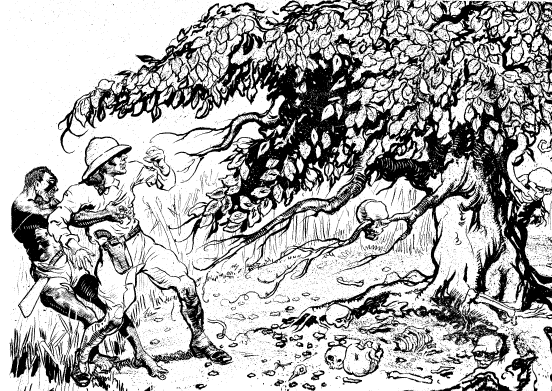
Exploring a tabooed piece of land on Mindanao, Mississippian planter W.C. Bryant discovered a 35-foot tree surrounded by bones and the smell of carrion. He was entering the circle to examine a skull when his guide suddenly pinioned his arms and pulled him backward “with the strength of a maniac.” Bryant followed the man’s gaze and saw that “the tree was reaching for him”:
The whole thing had changed shape and was horribly alive and alert. The dull, heavy leaves had sprung from their compact formation and were coming at him from all directions, advancing on the ends of long vine-like stems which stretched across like the necks of innumerable geese and, now that the old man had stopped his screaming, the air was full of hissing sounds.
The leaves did not move straight at their target, but with a graceful, side-to-side sway, like a cobra about to strike. From the far side, the distant leaves were peeping and swaying on their journey around the trunk and even the tree top was bending down to join in the attack. The bending of the trunk was spasmodic and accompanied by sharp cracks.
The effect of this advancing and swaying mass of green objects was hypnotic, like the charm movements of a snake. Bryant could not move, though the nearest leaf was within an inch of his face. He could see that it was armed with sharp spines on which a liquid was forming. He saw the heavy leaf curve like a green-mittened hand, and as it brushed his eyebrows in passing he got the smell of it — the same animal smell that hung in the surrounding air. Another instant and the thing would have had his eyes in its sticky, prickly grasp, but either his weakness or the brown man’s strength threw them both on their backs.
The charm was broken. They crawled out of the circle of death and lay panting in the grass while the malignant plant, cracking and hissing, yearned and stretched and thrashed to get at them.
That’s from “Escaped From the Embrace of the Man-Eating Tree,” in the American Weekly, Jan. 4, 1925. Interestingly, naturalist Williard Clute tracked down the author and published a followup in American Botanist that April:
“The author of this tale, having been questioned, replies under date of January 8, 1925, that ‘the tree is there and in the main the account is true. The circle at the foot of the tree was about 80 maybe 100 feet in diameter. The tree looked nothing like the drawings [in the paper]. It was round as a smoke stack — the trunk, I mean, and dark gray or ash-color. The whole tree was symmetrical and the tree and ground under it, was very inviting to a storm-beset or sun-depressed traveller. The clucking and hissing was, I judged, from a gluey consistency of, or on, the leaves. My impression was that if it reached me, it would fasten and hold me, thus it had done to apes, birds, and animals.'” Stay out of the Philippines, I guess.
Pleasure Gardening
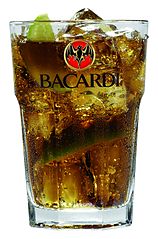
The 1957 edition of Exotica: Pictorial Cyclopedia of Indoor Plants included a species called Rumandia cocacoliensis of the family Alcoholiaceae.
The description read “Cuba-libre tall, stemless, succulent, with brown-frosty bloom often with lemon flavor; good in summer, keep cool.”
It was indexed without a page number, and disappeared from subsequent editions.
Tomb Evader
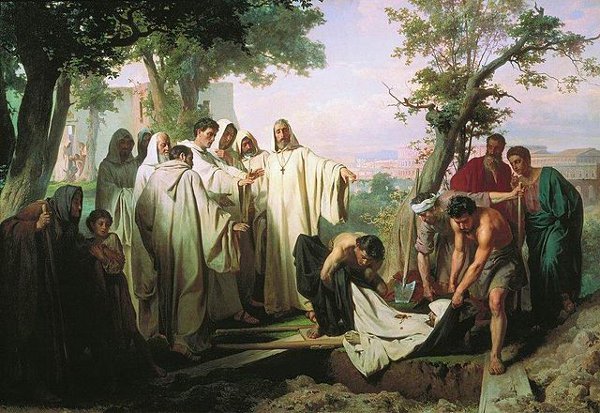
When you die, perhaps you will cease to exist. Or perhaps you’ll be reincarnated, or your soul will go to heaven, or to hell. But in none of these cases will “you” be placed in a casket and lowered into the ground; you will never find yourself in the grave. What all these conceptions have in common is that the dead cannot be buried — they are either elsewhere, or nowhere.
Socrates says, “I cannot make Crito believe that I am the same Socrates who have been talking and conducting the argument; he fancies that I am the other Socrates whom he will soon see, a dead body — and he asks, How shall he bury me? … I shall not remain, but go away and depart; and then he will suffer less at my death, and not be grieved when he sees my body being burned or buried. I would not have him sorrow at my hard lot, or say at the burial, Thus we lay out Socrates, or, Thus we follow him to the grave or bury him. … Be of good cheer, then, my dear Crito, and say that you are burying my body only, and do with that whatever is usual, and what you think best.”
(Palle Yourgrau, “Can the Dead Really Be Buried?”, Midwest Studies in Philosophy 24:1, 46-68.)
Ill Will
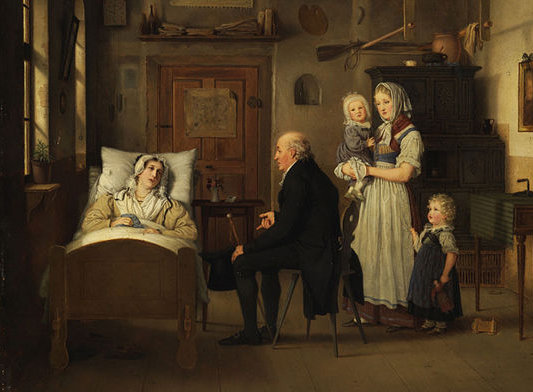
A person with Münchausen syndrome feigns illness to get attention. In order to get this diagnosis, she must be faking symptoms of a condition that she doesn’t really have. But any such faked symptoms are an authentic sign of Münchausen syndrome. Does this mean it’s impossible to have the disorder?
(By Washington University philosopher Roy Sorensen.)

